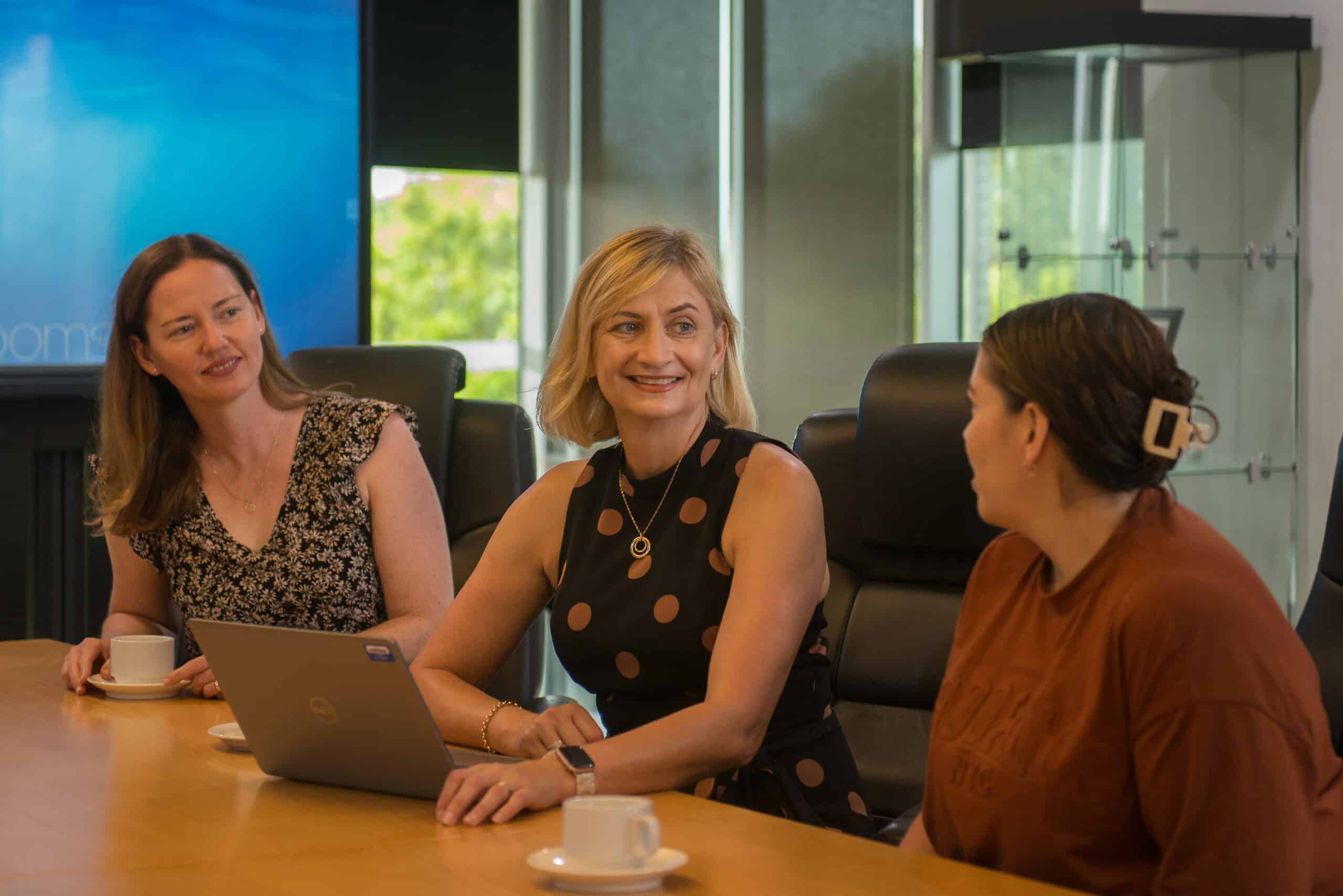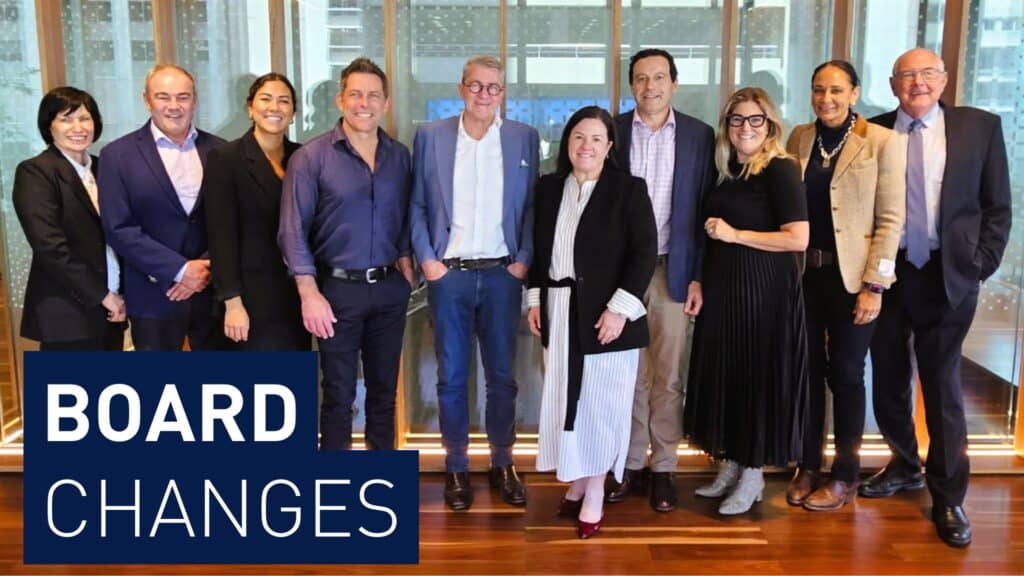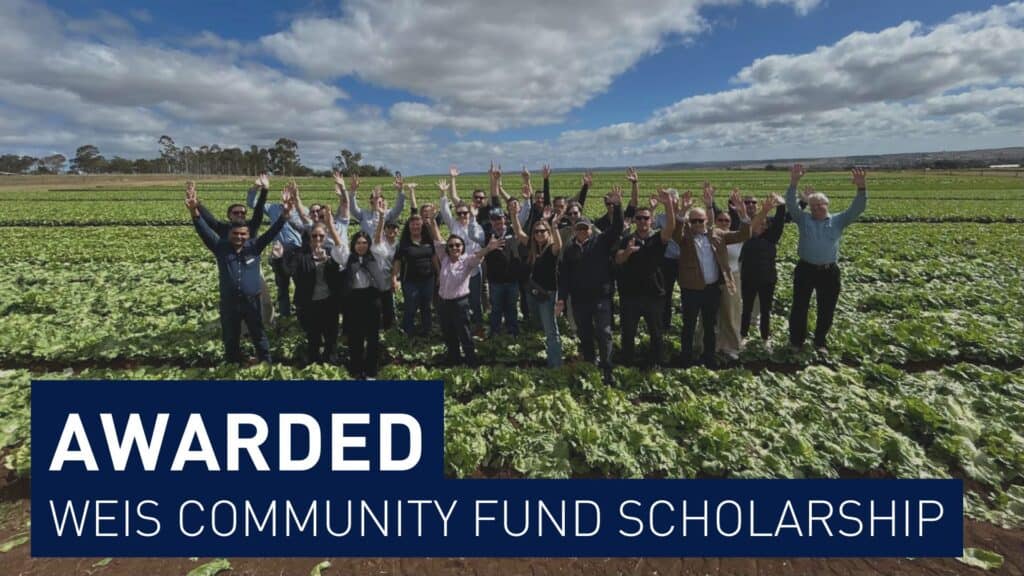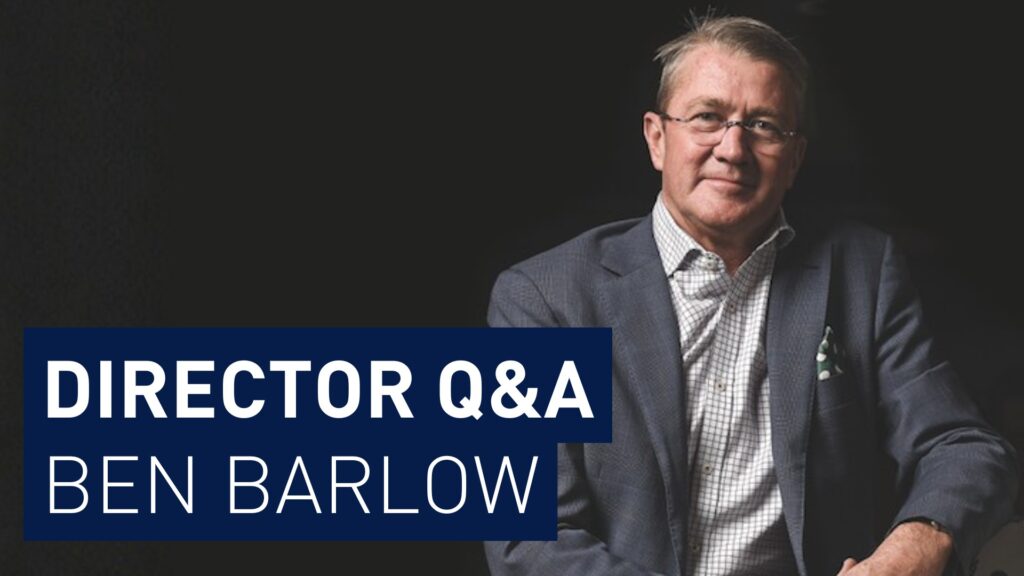An area of great innovation of everything from coral growing to automated boats, Wide Bay Burnett also faces significant social and climate-related challenges, making it an ideal location for a program that facilitates innovative leadership.
That is, the Leading Australian Resilient Communities (LARC) leadership program in which the Wide Bay Burnett was one of ten regions across the country targeted by the pilot initiative. Funded by the Australian Government’s $5 million Building Resilient Regional Leaders Initiative, the program was delivered by the Australian Rural Leadership Foundation (ARLF) and Regional Australia Institute (RAI). At its heart, LARC aims to support regional communities to meet challenges and collectively drive community resilience.
In the Wide Bay Burnett region, it’s tackling multi-generational unemployed, starting by inspiring young people to aspire. A challenge embraced by local LARC graduates determined to seed aspiration in kids when they’re young.
While leaders within their professional and community roles, the LARC experience has given them additional skills, knowledge and confidence to drive the project, and collective action.
Professional connections deepened and leading to collaboration
Michelle Hay is a leader in her paid and volunteer roles. During business hours, she’s the Head of the Fraser Coast campus of the University of the Sunshine Coast (USC), a role that sees her managing the day-to-day operations and draws on her background in academia.
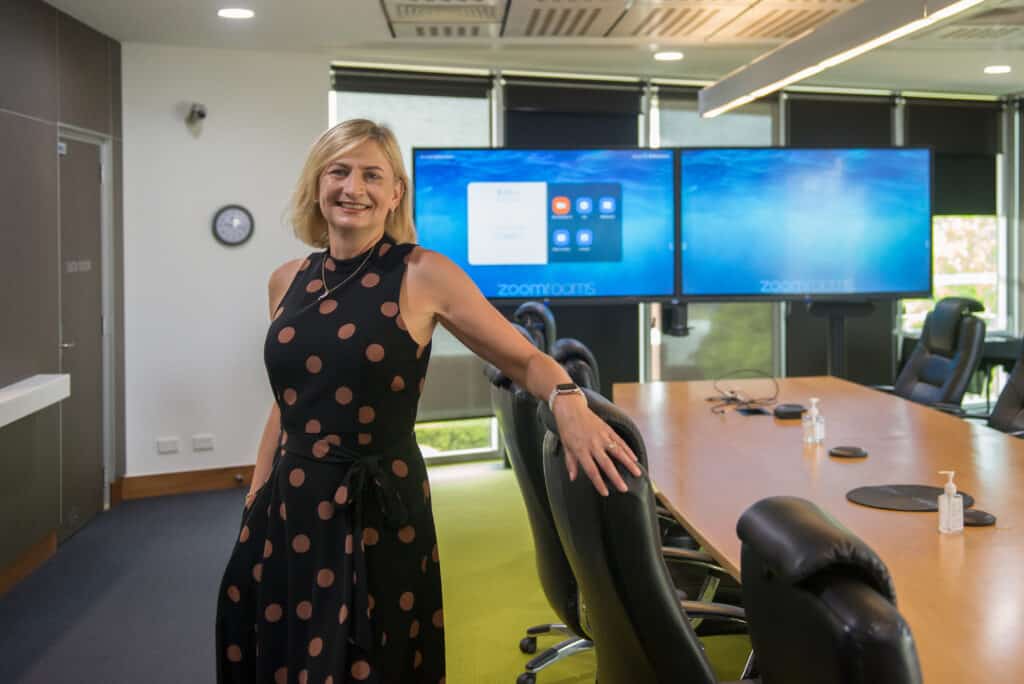
In a volunteer capacity, she’s the Chair of Jobs Fraser Coast, one of the state government- funded Regional Jobs Committees that aims to identify and address local workforce issues. Add to that her volunteer role as Director for Forget Me Not, a charity supporting children in need within Nepal, India and Uganda.
“I’m an empty nester for the first time and it’s great to not feel that mother guilt about doing all these extra things,” says Michelle, referring to her two adult children in a sentiment that all those who both parent and live full lives will understand.
Michelle needed no convincing to apply for the LARC program.
“I saw it posted on LinkedIn by a previous participant and applied immediately,” she recalls, noting that she could see how the program would be relevant to all three of her roles.
“As a professional woman living in regional Queensland, it’s hard to find leadership-related professional development, especially in a face-to-face format rather than online.”
Michelle had already met Tim Sayre a couple of times, but their professional connection quickly moved from superficial to focused during the two intensive sessions, held in the region.
Tim works as the Project Officer for Jobs Bundaberg, the northern equivalent of the organisation Michelle chairs. Just like Michelle, Tim doesn’t limit himself to one role; he’s also President of the Bundaberg Chamber of Commerce and volunteers for the local Neighbourhood Watch and the YMCA.
“I’ve been in Bundaberg for 23 years and have an absolute passion for making sure the area is prosperous and succeeds. It’s a great place to live!” says Tim.
“As a parent, I spend all this time making sure my kids grew up right and, now the grandkids have come along, I want to make sure that what we do is enough to make sure they’ll have a good life as well.”
An ex-public servant, Tim knows the idea of leadership is often confused with management.
“Management manages the numbers and aims to achieve a good balance sheet, but leaders support the person and focuses on the outcomes. Leadership doesn’t necessarily come with a position title. Instead, it comes with a frame of mind and ability to articulate a vision and direction.”
Being part of LARC fitted perfectly with Tim summing up the potential the program has to benefit not only themselves but the region they live, work, volunteer and play in.
“LARC applies to all my roles. I knew it would help me give back to the community I love.”
Learning and larking about
Creating networks and relationships was a major outcome of LARC for Michelle and that has positives not only for her personally and as a professional but for everyone in Wide Bay Burnett.
“LARC brought together connections with people throughout Wide Bay and pennies started to drop about what we could be doing,” she says. “That’s great for the community and can only be good for the region.”
On an inner level, these connections brought a new confidence.
“It was very validating to talk with other women on the program about imposter syndrome and realise that even people I think are amazing have insecurities and doubts. Part of this was realising that no leader is perfect and it was really supportive and confidence-building.”
Looking outwards, Michelle found the LARC activity of DiSC profiles a revelation.
“Before LARC, I underestimated how important effective communication is for good leadership. I took away the understanding that people can perceive the same situation so completely differently,” she says of the model that looks at four personality profiles of dominance, influence, steadiness and conscientiousness.
Since completing the LARC program, Michelle has applied the ideas covered in DiSC within all her roles.
“I’ve always been a social person but, rather than just enjoying a chat, I’m now conscious of deliberately connecting with other people. That’s hopefully resulted in me being a better leader.”
The LARC program focused on proven learning methods and leadership skills but that doesn’t mean it was all work and no play. “We had a lot of fun,” says Michelle.
Tim agrees. By the second intensive, which was held in the beautiful Bunya Mountains, he felt safe enough to try role-playing different communication styles during a facilitated group activity.
“It was liberating and fun to experiment with my usual understanding of how people in a group can influence outcomes. I was able to reflect on how strong personalities and different agendas can be perceived and dealt with.”
Tim was also able to reflect on how he’s previously had difficulty with putting trust in others by delegating tasks, to the extent that he was regularly having sleepless nights worrying about work.
LARC helped Tim realise that he could delegate more.
“I started to let people do their part and process the outcome of that before moving on. At the start, that was incredibly stressful but, after having a few wins, it’s now second nature, so I now have more time, am less stressed and am getting an easier night’s rest.”
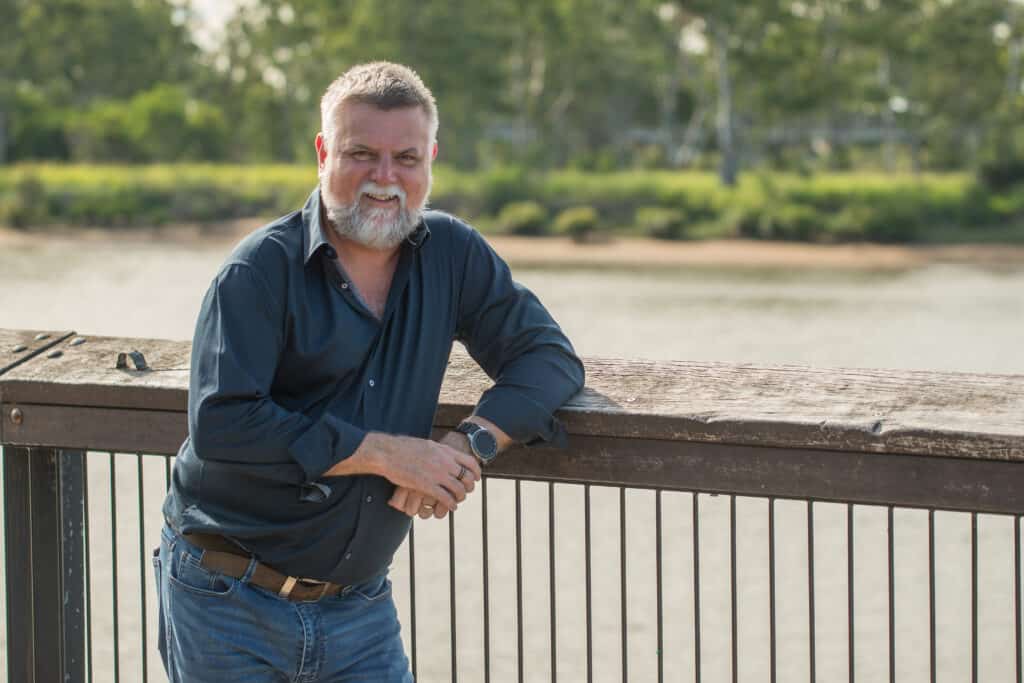
Creating aspiration for children in the face of multi-generational unemployment
Wide Bay Burnett is facing multiple community-wide issues, including climate-based events and a housing crisis. While these social and economic issues were of interest to Tim and Michelle, as they were already actively involved in Queensland’s Regional Jobs Committees, it made sense to focus on the issue of unemployment moving forward.
That is, for their Community Action Project, where groups within the overall LARC cohort focus on a complex data-driven issue in a collaborative way.
RAI data shows the Wide Bay Burnett region has higher than average overall unemployment, and significant problems with youth unemployment. However, it was the multi-generational unemployment that struck the group as needing new ideas.
Tim explains how the idea for tackling multi-generational unemployment at a young age came about.
“Our group project is about developing aspirations about work in primary school kids. That’s important because, currently, we’re looking at up to fifth generational unemployment, so kids are growing up in homes where it’s hard to understand what it means to do something when you grow up.”
The idea fits with the notion of ‘You can’t be what you can’t see’. It’s an idea that could potentially be beneficial in any region but the intense focus on issues specific to Wide Bay Burnett saw the LARC participants buzzing with the opportunities of this idea.
Michelle adds: “To get that started, LARC has helped us connect with people in other states who are having success in engaging younger children.”
The group are realistic about the length and scope of the project and, at the time of writing, this project is showing latent rather than actualised potential. Michelle explains:
“This is not a quick fix or a project that can just run for a year. It’s more about a shift in mindset. At the moment, this project is at the embryonic stage. We’re having conversations, connecting with people in other states who have had success with similar ideas, including connections that arose from LARC.”
The group have done the research and worked out a way to move forward.
“We’d ideally like it to be a formal process with tools and resources, but that’s funding dependent,” Michelle explains. “However, at the very least, we will be able to incorporate our ideas into the work Tim, I and others are doing with Regional Jobs Committees so, whatever happens, our LARC project will influence our work within our community.”


